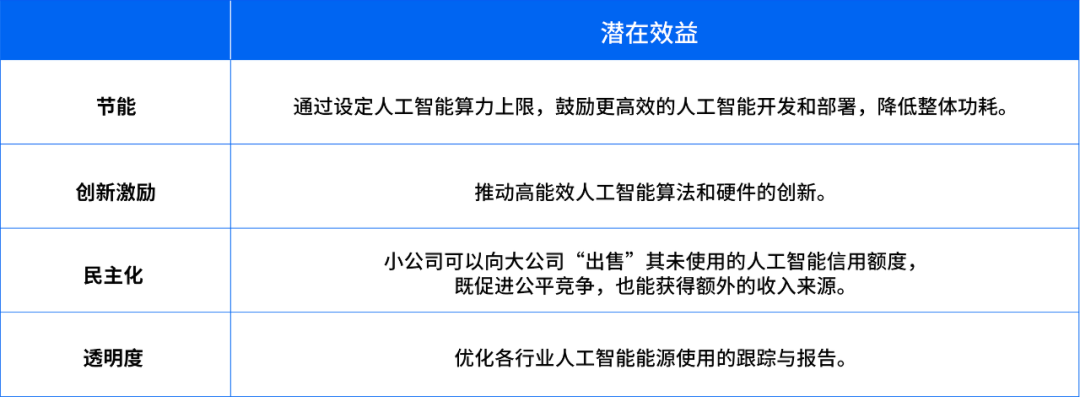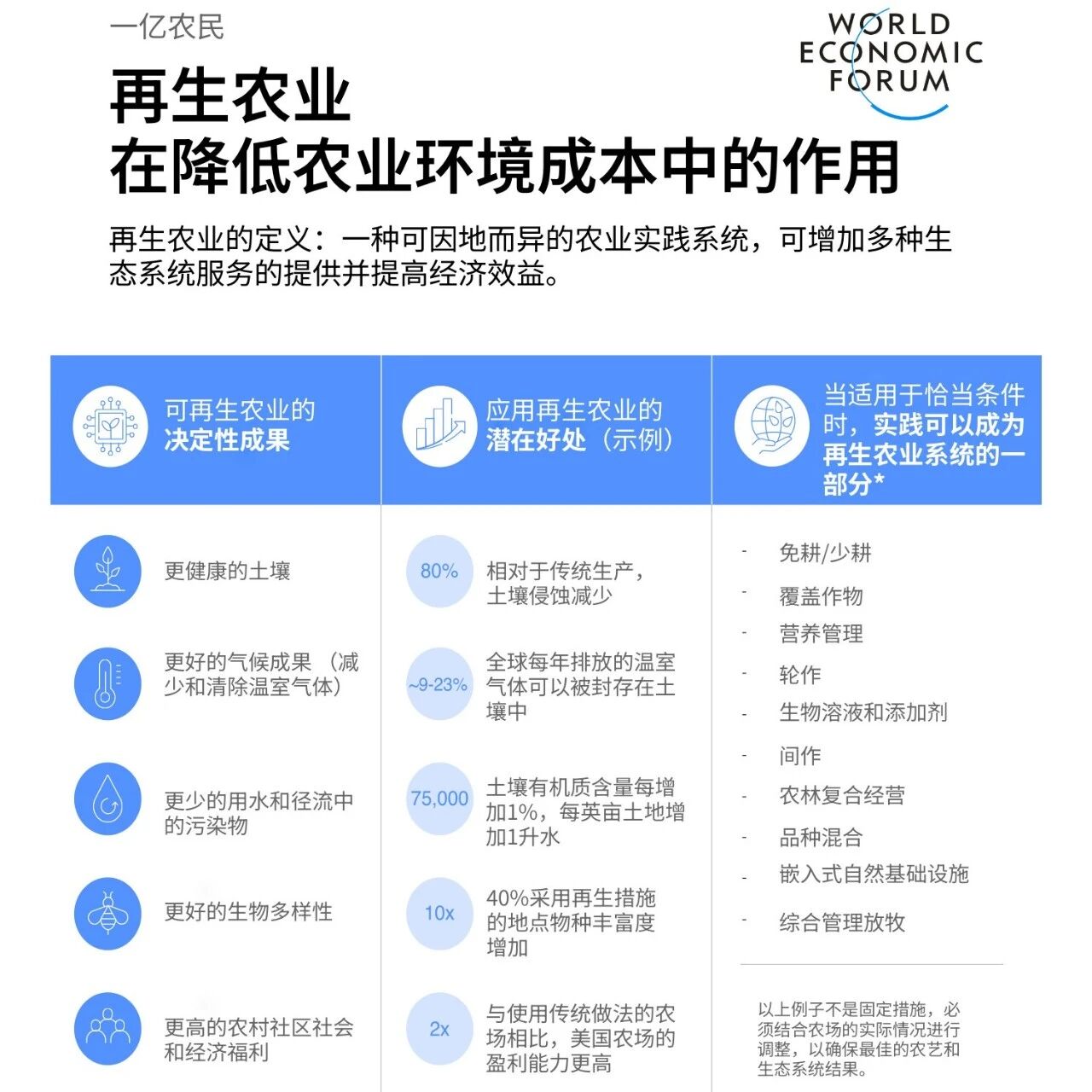

:DeepX
Kim Lokwon
Deepx
,20242027
,99%99.9%
AI
,,
:
,
,
,
,,
,,AI(GPU),
,,20242602027500OpenAIChatGPT,2.9,10

:DeepX
,40%,
,,70,60%20192022,
2024,OpenAI·(Sam Altman):“,”
“,‘’”
Technology and policy go hand in hand.
Artificial intelligence is crucial for the future—it automates repetitive tasks and drives societal progress. However, to enable its widespread adoption across all industries, we must significantly reduce its energy consumption.
To achieve sustainable development in artificial intelligence, we need both optimized technologies—work on which is already underway—and bold, innovative policy support.
Technical Solution: Transitioning to Edge-Side Artificial Intelligence
Startups like Groq, DeepSeek, and DeepX are pioneering energy-efficient AI technologies that could pave the way for a superintelligent society powered by artificial intelligence. While software optimization helps reduce server energy consumption, edge AI—where AI tasks are processed directly on devices rather than relying on cloud data centers—emerges as the most promising solution to tackle this challenge.
Currently, AI systems rely heavily on cloud computing, which consumes significant amounts of energy when transferring data between edge devices and data centers. Moreover, the high-performance GPUs and central processing units (CPUs) used in data centers also demand substantial power.
In contrast, edge AI processes data locally, eliminating the need for energy-intensive data transmission. AI chips specifically designed for edge devices prioritize energy efficiency over raw computational power, enabling them to reduce energy consumption by 99% to 99.9% per AI task compared to cloud-based AI solutions.
Therefore, edge-side artificial intelligence is increasingly emerging as a disruptive technology—capable of maximizing the application of AI while minimizing its environmental impact. Governments worldwide urgently need to take action by developing supportive policies to accelerate the widespread adoption of this technology.

High-efficiency AI solutions.
:DeepX
Policy Path: Energy Credit Trading System
To promote the development of energy-efficient AI, the global "Energy Credit Trading System" offers financial incentives to companies adopting low-power AI solutions. Under this system, businesses leveraging energy-efficient AI can trade their energy usage credits, enabling them to reduce their environmental footprint while simultaneously reaping economic benefits.
At the 2024 Summer Davos Forum held in Dalian, China, DEEPX showcased this innovative achievement.
The electric vehicle (EV) industry has a similar precedent. In the 2010s, government subsidies and tax incentives spurred the rapid adoption of electric cars, which in turn fueled advancements in battery technology and the development of charging infrastructure.
The AI-powered energy credit system can play a similar role in managing the electricity consumption of AI models, ensuring sustainable development for the future.

Potential benefits of energy credit trading.
:DeepX
The age of artificial intelligence has already arrived, but its success will depend on improving the energy efficiency of AI technologies. Governments, businesses, and innovators must work together to ensure that the rapid advancement of AI doesn’t come at the expense of unsustainable resource consumption.
With the right policy guidance and technological innovation, we can build an AI-powered future that benefits human society—and ultimately, the entire planet.

The above content solely represents the author's personal views.This article is translated from the World Economic Forum's Agenda blog; the Chinese version is for reference purposes only.Feel free to share this in your WeChat Moments; please leave a comment at the end of the article or on our official account if you’d like to republish.
Translated by: Sun Qian | Edited by: Wang Can
The World Economic Forum is an independent and neutral platform dedicated to bringing together diverse perspectives to discuss critical global, regional, and industry-specific issues.
Follow us on Weibo, WeChat Video Accounts, Douyin, and Xiaohongshu!
"World Economic Forum"


